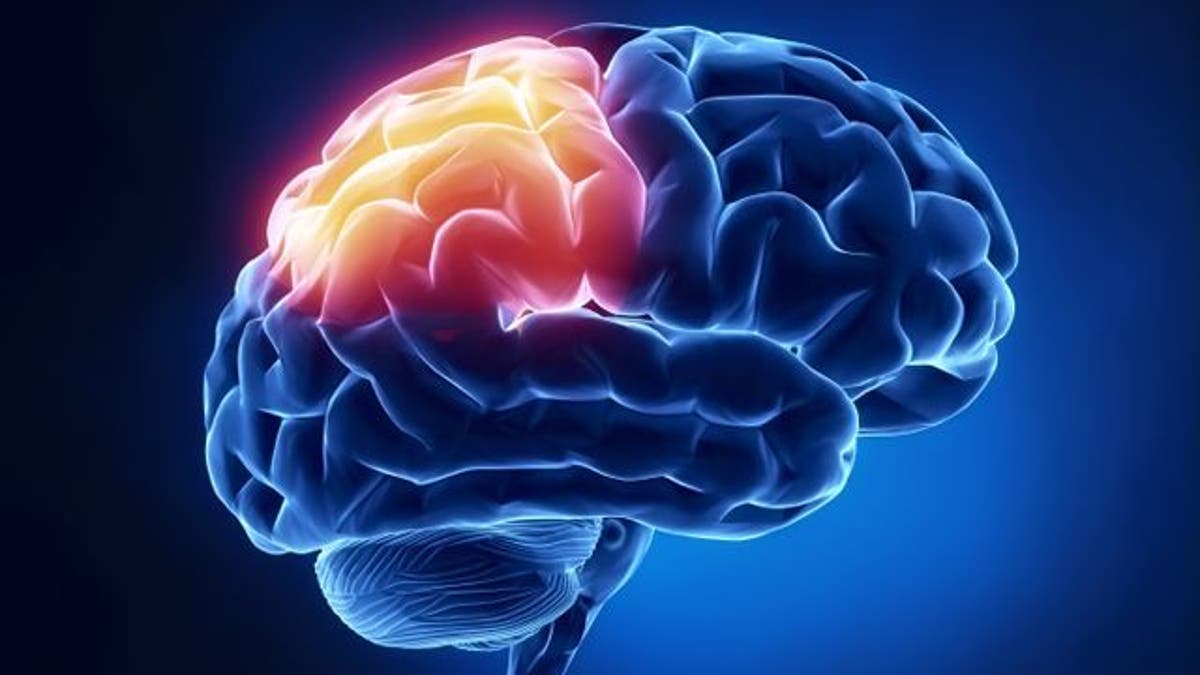
The popular attention-deficit hyperactivity disorder (ADHD) drug methylphenidate, also known as Ritalin, may pose brain risks to young people who haven’t been diagnosed with ADHD, a new study shows.
“Smart” drugs, like Ritalin, also known as nootropics, are known to increase a person’s attention span, memory and ability to stay alert. As a result, they have become increasingly abused by students seeking an extra edge in their studies. According to a report from The Partnership at Drugfree.org and the MetLife Foundation, approximately 1.3 million American teenagers reported having misused or abused methylphenidate without a prescription in the past month.
Now, research is showing that methylphenidate may have some hidden side effects for those taking the drug without a prescription – or for those misdiagnosed with ADHD.
“We realized this is a drug prescribed to children and there aren’t good diagnostic measures in terms of determining who has ADHD and who doesn’t and it’s probably overprescribed,” study author Dr. Kimberly Urban, a member of the psychology department at the University of Delaware, told FoxNews.com. “And we wanted to find what it could do to a normal brain.”
In collaboration with Wen-Jun Gao, an associate professor in the department of neurobiology and anatomy at Drexel University in Philadelphia, Urban analyzed the effects of methylphenidate on the brains of young, healthy rats. In a study published in Frontiers in Systems Neuroscience, the researchers focused on studying the effects of the drug on the brain’s prefrontal cortex, a region important for cognitive function. There are two basic cell types in the prefrontal cortex: pyramidal cells, or excitatory cells, and interneurons, or inhibitory cells.
Some rats received just one dose of the drug, while others were treated with it for up to three weeks.
“We looked at the pyramidal cells and saw their activity was decreased, so you are slowing down the prefrontal cortex; there is less activity overall,” Urban said. “And we saw reduced communication between [the two types of] neurons and saw an alteration in plasticity [in the prefrontal cortex], which is the brain’s ability to change and adapt to new incoming information.”
The effects were similar in rats treated with varying dosages, though those treated for longer periods of time showed slightly stronger effects.
As a result of these observations, the researchers theorized that, in a normal, non-ADHD brain, methylphenidate may decrease working memory and the ability for a person to shift attention from one thing to another.
“If you get up and think, ‘Oh I need to go to the kitchen to get something,’ [working memory is] the thing that enables you to remember what you went to the kitchen for,” Urban explained.
However, Urban noted that the drug has very different, positive effects for people with ADHD. People with ADHD tend to have an under-active prefrontal cortex; drugs like Ritalin act as a stimulant to increase activity in that region, allowing people to improve their attention span. But in people without ADHD, those same medications may "overload" the brain, causing it to begin to shut down.
“It’s really important when you talk about these drugs and the research we do to specify it’s not bad for ADHD, it is correcting an existing deficit,” Urban said. “But for a normal brain…it can have very different effects.”
These findings pose a risk both to those who use “smart” drugs recreationally, to enhance performance, and for those misdiagnosed with ADHD. The researchers noted that there is no test that can definitively diagnose ADHD; the diagnosis is usually made with a combination of assessments that test for attention difficulties.
“From our point of view, ADHD diagnosis is problematic; many people are probably diagnosed wrong, some people may just be smart, hyperactive, but find teacher or class boring, so they say, ‘Oh you have ADHD,’” Gao told FoxNews.com. “ [In] this case if [a doctor] gives them the drug it may actually damage their brain eventually, so that is a problem.”
Over the long term, the researchers suspect that young people who abuse methylphenidate could be vulnerable to developing hyper-focused or rigid behavior, difficulties with multitasking or problems with short-term memory – particularly because a person’s prefrontal cortex does not finish fully developing until their late 20s or early 30s.
In short, any brief enhancements in attention gained by taking the drug may come at a high cost to the brain later in life.







































